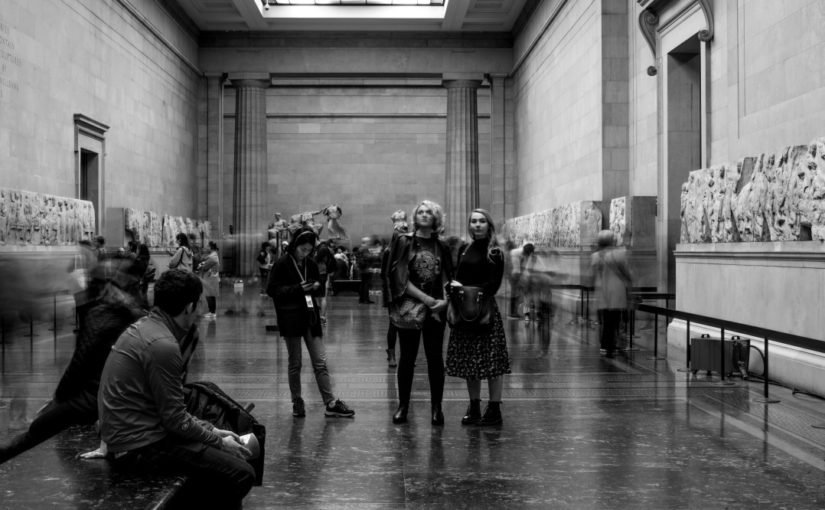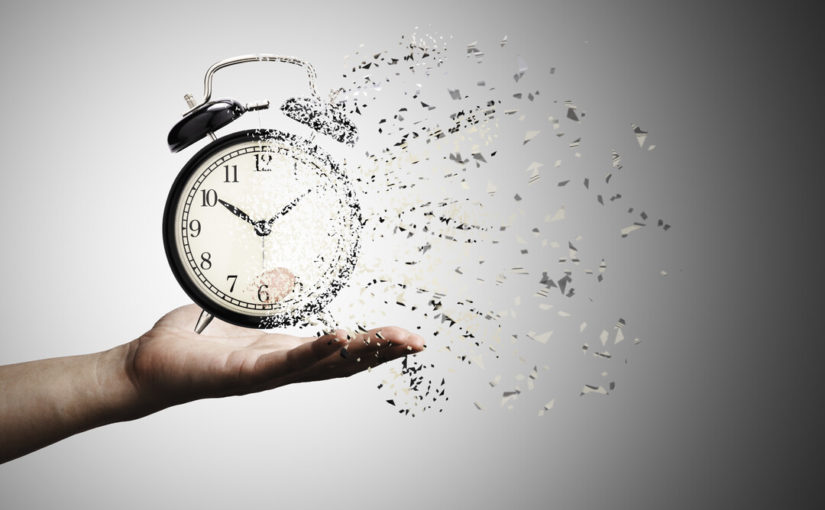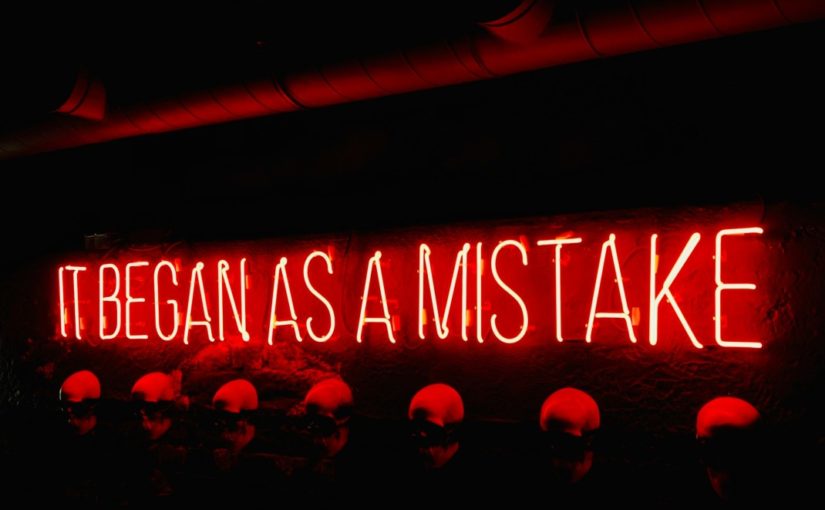Wiener Zuckerl ist eine bunte Mischung von Kriminalgeschichten aus dem alten und neuen Wien. Einige der Kriminalfälle sind als Geschichte geschrieben, andere als reine Faktenschilderung. Manchmal ermittelt Inspector Nechyba als Inspektor, sowohl in der Gegenwart als auch in der Vergangenheit. Es ist bei Weilen für mich nicht eindeutig, in welcher geschichtlichen Episode man sich bewegt (oder ich habe es überlesen).
Die Geschichten sind für mich eher Schilderungen, die sachlich neutral beschrieben werden. Einige der Zuckerl sind aus Sicht des Mörders geschildert, wobei die Morde in sehr abgestumpfter Art und Weise geschieht. Meines Erachtens sind gerade solche blutrünstigen Morde, bei denen Gliedmaßen abgeschnitten werden oder Gesichter bis zur Unkenntlichkeit zerstört werden, auch von Seiten der Mörder sehr emotional. Man spricht auch von „Blutrausch“. Daneben werden „mörderische Tipps“ gegeben, wie Blut mit kaltem Wasser herauswaschen, das in einigen Geschichten wiederholt werden.
Im Buch wird versucht das österreichische dialektische Deutsch abzubilden. Einige der Begriffe werden in der Fußnote erläutert, andere vorausgesetzt. Durch den Dialekt fühlte ich mich nach Österreich versetzt, was ich als gelungen empfand.
Das Buch entspricht einer bunten Bonbon-Mischung, die nicht jeden Geschmack treffen mag. Wer gern in kleine Geschichten entführt werden möchte, bei den auch emotionalen Gesichtspunkten mit betrachtet werden, mag von den Zuckerl-Sorten enttäuscht sein. Wer dagegen gern nach Österreich entführt werden möchte und sich der verbrecherischen, zum Teil dunkle Seite der Menschheit stellen möchte, für den ist das Buch genau das Richtige. Ein Buch, das man in öffentlichen Verkehrsmitteln lesen kann, da die Geschichten zum Teil so kurz sind, das man sie zwischen kurzen Strecken gut lesen kann.









